Here is how my last interview went:
Question: Where are strings stored?
Answer: Heap since it is a reference type
Question: Explain me this following code:
static void Main(string[] args)
{
string one = "test";
string two = one;
one = one + " string";
Console.WriteLine("One is {0}" , one);
Console.WriteLine("Two is {0}", two);
}
Answer: Drew two diagrams like below:
(represents the statement, string two = one;

(represents the statement, one = one + " string";. A new string is created on heap and assigned)

Question: Correct. Draw similar for the code snippet below:
class Program
{
static void Main(string[] args)
{
Test one = new Test { someString = "test" };
Test two = one;
one.someString = "test String";
Console.WriteLine("One is {0}", one.someString);
Console.WriteLine("Two is {0}", two.someString);
}
}
class Test
{
public string someString { get; set; }
}
Answer:
[Test two = one]

one.someString = "test String";

Question: Ok. You said both strings and classes are reference types. Then why did a new object for string is created and assigned the value whereas for class, the existing string property itself gets modified ?
Answer: Because strings are immutable whereas classes are mutable.
(Though I cleared the interview, I still did not understand this behaviour. Why did the designers of class make it mutable while keeping strings immutable ? There are a lot of therotical answers everywhere, but could any one make it simple by explaining this particular behaviour with the above code ?)